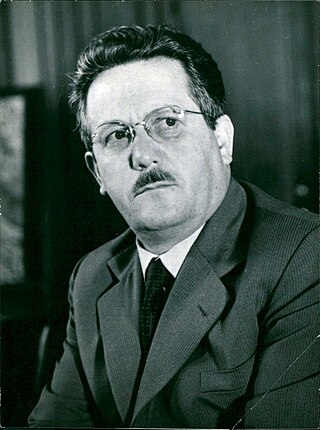
Edvard Kardelj, also known by the pseudonyms Bevc, Sperans, and Krištof, was a Yugoslav politician and economist. He was one of the leading members of the Communist Party of Slovenia before World War II. During the war, Kardelj was one of the leaders of the Liberation Front of the Slovenian People and a Slovene Partisan. After the war, he was a federal political leader in the Socialist Federal Republic of Yugoslavia. He led the Yugoslav delegation in peace talks with Italy over the border dispute in the Julian March.

Boris Kidrič was a Slovene and Yugoslav politician and revolutionary who was one of the chief organizers of the Slovene Partisans, the Slovene resistance against occupation by Nazi Germany and Fascist Italy after Operation Barbarossa in June 1941. He became the de facto leader of the Liberation Front of the Slovenian People. As such, he had a crucial role in the anti-Fascist liberation struggle in Slovenia between 1941 and 1945. After World War II he was, together with Edvard Kardelj, a leading Slovenian politician in communist Yugoslavia.

Oton Župančič was a Slovene poet, translator, and playwright. He is regarded, alongside Ivan Cankar, Dragotin Kette and Josip Murn, as the beginner of modernism in Slovene literature. In the period following World War I, Župančič was frequently regarded as the greatest Slovenian poet after Prešeren, but in the last forty years his influence has been declining and his poetry has lost much of its initial appeal.

Slovene culture is the culture of the Slovenes, a south Slavic ethnic group. It is incredibly diverse for the country's small size, spanning the southern portion of Central Europe, being the melting pot of Slavic, Germanic and Romance cultures while encompassing parts of the Eastern Alps, the Pannonian Basin, the Balkan Peninsula and the Mediterranean.

Edvard Kocbek was a Slovenian Yugoslav poet, writer, essayist, translator, member of Christian Socialists in the Liberation Front of the Slovene Nation and Slovene Partisans. He is considered one of the best authors who have written in Slovene, and one of the best Slovene poets after Prešeren. His political role during and after World War II made him one of the most controversial figures in Slovenia in the 20th century.
Vera Albreht was a Slovene poet, writer, publicist and translator.

Alojz Gradnik was a Slovenian poet and translator.
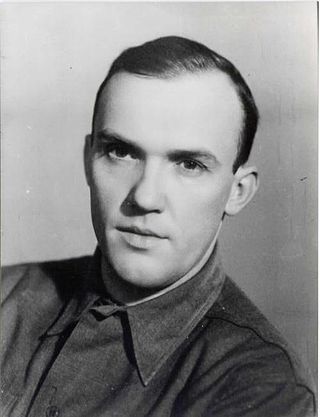
Matej Bor was the pen name of Vladimir Pavšič, who was a Slovene poet, translator, playwright, journalist, and Partisan.

France Balantič was a Slovene poet. His works were banned from schools and libraries during the Titoist regime in Slovenia, but since the late 1980s he has been re-evaluated as one of the foremost Slovene poets of the 20th century.
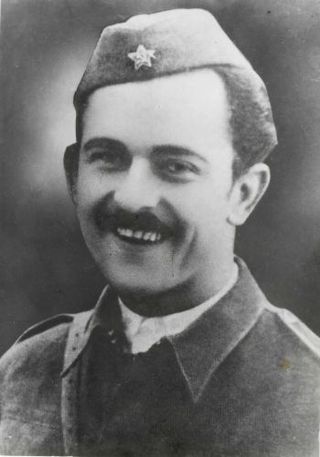
Karel Destovnik, pen name and nom de guerre Kajuh, was a Slovenian poet, translator, resistance fighter, and Yugoslav people's hero.
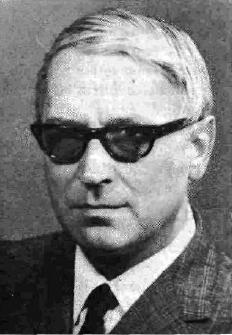
Jože Javoršek was the pen name of Jože Brejc, a Slovenian playwright, writer, poet, translator and essayist. He is regarded as one of the greatest masters of style and language among Slovene authors. A complex thinker and controversial personality, Javoršek is frequently considered, together with the writer Vitomil Zupan, as the paradigmatic example of the World War II and postwar generation of Slovene intellectuals.
Dušan Pirjevec, known by his nom de guerre Ahac, was a Slovenian Partisan, literary historian and philosopher. He was one of the most influential public intellectuals in post–World War II Slovenia.
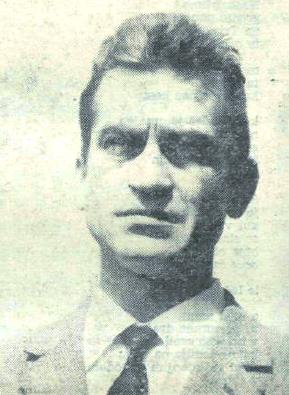
Rudi Šeligo was a Slovenian writer, playwright, essayist and politician. Together with Lojze Kovačič and Drago Jančar, he is considered one of the foremost Slovenian modernist writers of the post-World War II period.

Mitja Ribičič was a Slovenian and Yugoslav communist politician. He was the only Slovenian Prime Minister of Yugoslavia from 1969 to 1971.
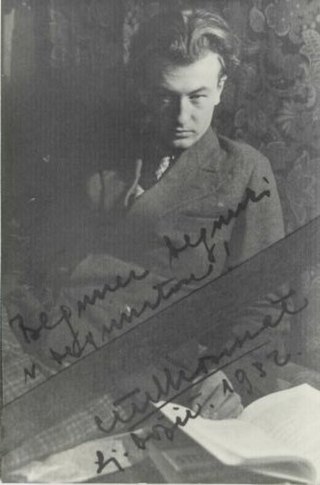
Ciril Kosmač was a Slovenian novelist and screenwriter.

Igor Torkar was the pen name of Boris Fakin, a Slovenian writer, playwright, and poet best known for his literary descriptions of Communist repression in Yugoslavia after World War II.

France Klopčič was a Slovenian historian, writer, translator and Communist political activist.

Venčeslav "Veno" Taufer was a Slovenian poet, essayist, translator and playwright. Under the Communist regime, he was a driving force behind alternative cultural and intellectual projects in Socialist Slovenia, which challenged the cultural policies of the Titoist system. During the Slovenian Spring (1988–1990), he actively participated in the efforts for the democratization and independence of Slovenia.
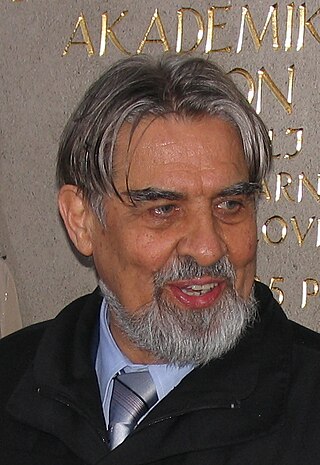
Ciril Zlobec was a Slovene poet, writer, translator, journalist and former politician. He is best remembered for his poems, publishing several volumes of poetry in his lifetime. In 1990 he became a member of the Presidency of Slovenia at a critical time for Slovene independence.
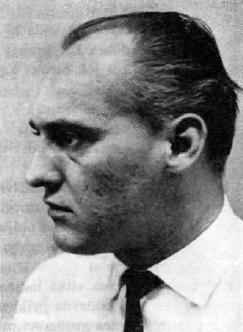
Ivan Minatti was a Slovene poet, translator, and editor. He started writing poetry before World War II, but principally belongs to the first postwar generation of Slovene poets. He is one of the best representatives of Slovene Intimism.


















